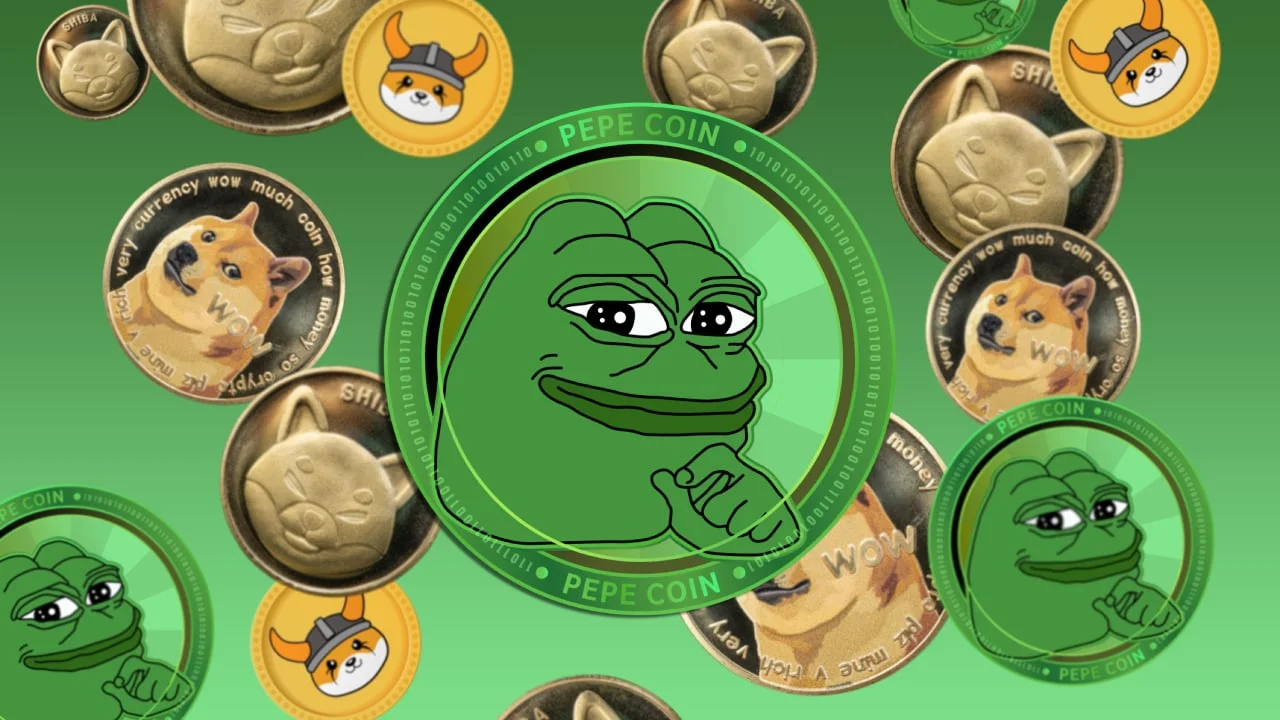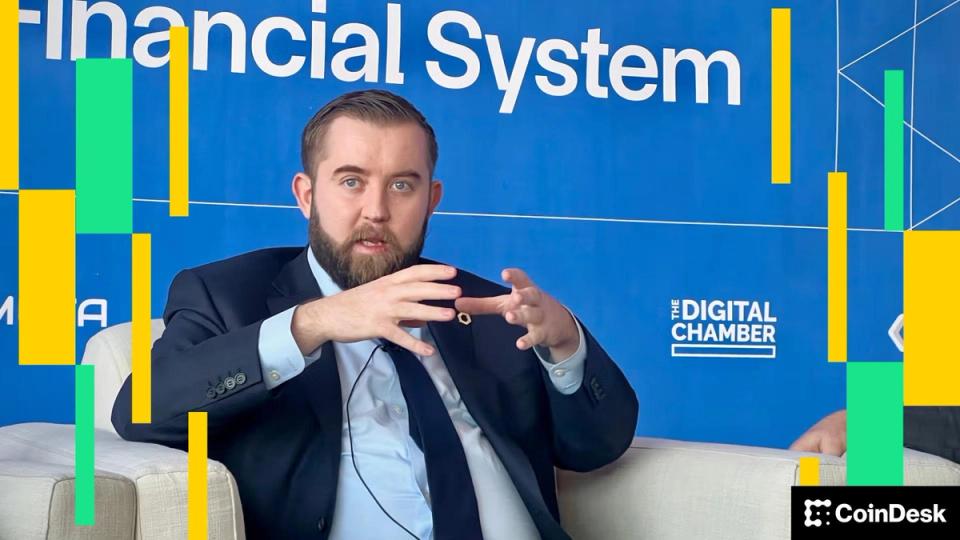 DAOs: pioneering decentralized governance for the future of autonomous organizations
DAOs: pioneering decentralized governance for the future of autonomous organizations
DAOs, or Decentralized Autonomous Organizations, are currently being heralded as the future of decentralized government. DAOs are self-governing digital entities that run on the Ethereum blockchain and are regulated by a set of rules encoded in smart contracts.
The unique feature of a DAO is that it does not require managers or traditional hierarchies, as the rules are incorporated into the code, allowing the organization to operate independently of its members. They hold the potential to allow a focus on community rather than profit and can provide a more socially conscious organization. They can therefore collectively and independently make organizational choices through a decentralized management process, compared to typical centralized companies where CEOs and major shareholders usually hold a disproportionate amount of power. This can have consequences not only for corporations, but also for how we approach the issues that are vital to us as a society today.
Another advantage of DAOs is their transparency. All transactions and decisions are recorded on the blockchain, allowing everyone to effortlessly see what is going on within the business. This openness encourages accountability and guarantees that the organization is administered in the best interests of its members.
Founded in 2016 and quickly raising over $150 million from investors, the DAO is one of the most notable examples of a DAO. The DAO is designed to function as a decentralized venture capital fund, with investors having the ability to vote on which projects to fund.
However, a flaw in the smart contract code was exploited, resulting in the loss of US$50 million in Ether. Despite this setback, the event underscored the need for DAO management and risk control. Several additional DAOs have since been built, each integrating best practices and lessons learned from the DAO incident.
MolochDAO is one of these new DAOs, which serves as a decentralized financing mechanism for Ethereum-based initiatives. MolochDAO offers a unique management system in which members can submit and vote on funding ideas, as well as vote on whether or not new members should be added to the organization. The process’ transparency, as well as members’ ability to propose and vote on funding ideas, made it an attractive place for Ethereum-based initiatives.
Uniswap, a decentralized exchange built on the Ethereum blockchain, is another successful DAO. Users can use Uniswap to trade cryptocurrencies without using a centralized exchange. It operates on a decentralized, automated market maker (AMM) basis, allowing users to trade directly with each other, eliminating the need for middlemen. Uniswap has quickly become one of the most prominent decentralized exchanges, with more than US$100 million worth of transactions taking place on the site every day.
DAOs’ rise on the Ethereum network is just the beginning. More inventive and disruptive implementation of DAOs in many sectors can be expected as more people become familiar with the technology and its possibilities.
The emergence of DAOs on the Ethereum network is an exciting development with the potential to transform the way we organize and govern ourselves. DAOs reduce the need for middlemen, encourage accountability, and ensure that the organization is administered in the best interests of its members. They are trustless, transparent and decentralized.
As with any new technology, there are problems and dangers to consider. DAO success is dependent on proper governance and risk management. DAOs, on the other hand, have the potential to produce new kinds of value and collaboration that can benefit society as a whole if approached correctly.
DAOs’ future is still uncertain, but their potential is great. We should expect to see more inventive and disruptive implementations of DAOs in other sectors as the technology develops and more people become familiar with it.
The possibilities range from decentralized banking to decentralized autonomous enterprises. “DAOs are the future of decentralized governance, and the Ethereum network is the perfect platform for them,” said Ethereum co-founder Vitalik Buterin. “I’m excited to see what the community will come up with next.”
Disclaimer for Uncirculars, with a Touch of Personality:
While we love diving into the exciting world of crypto here at Uncirculars, remember that this post, and all our content, is purely for your information and exploration. Think of it as your crypto compass, pointing you in the right direction to do your own research and make informed decisions.
No legal, tax, investment, or financial advice should be inferred from these pixels. We’re not fortune tellers or stockbrokers, just passionate crypto enthusiasts sharing our knowledge.
And just like that rollercoaster ride in your favorite DeFi protocol, past performance isn’t a guarantee of future thrills. The value of crypto assets can be as unpredictable as a moon landing, so buckle up and do your due diligence before taking the plunge.
Ultimately, any crypto adventure you embark on is yours alone. We’re just happy to be your crypto companion, cheering you on from the sidelines (and maybe sharing some snacks along the way). So research, explore, and remember, with a little knowledge and a lot of curiosity, you can navigate the crypto cosmos like a pro!
UnCirculars – Cutting through the noise, delivering unbiased crypto news








